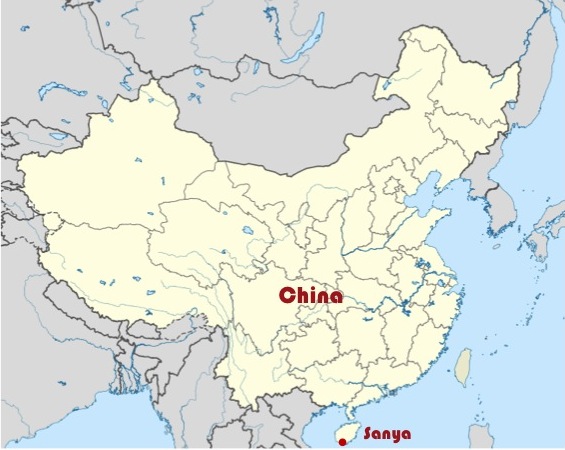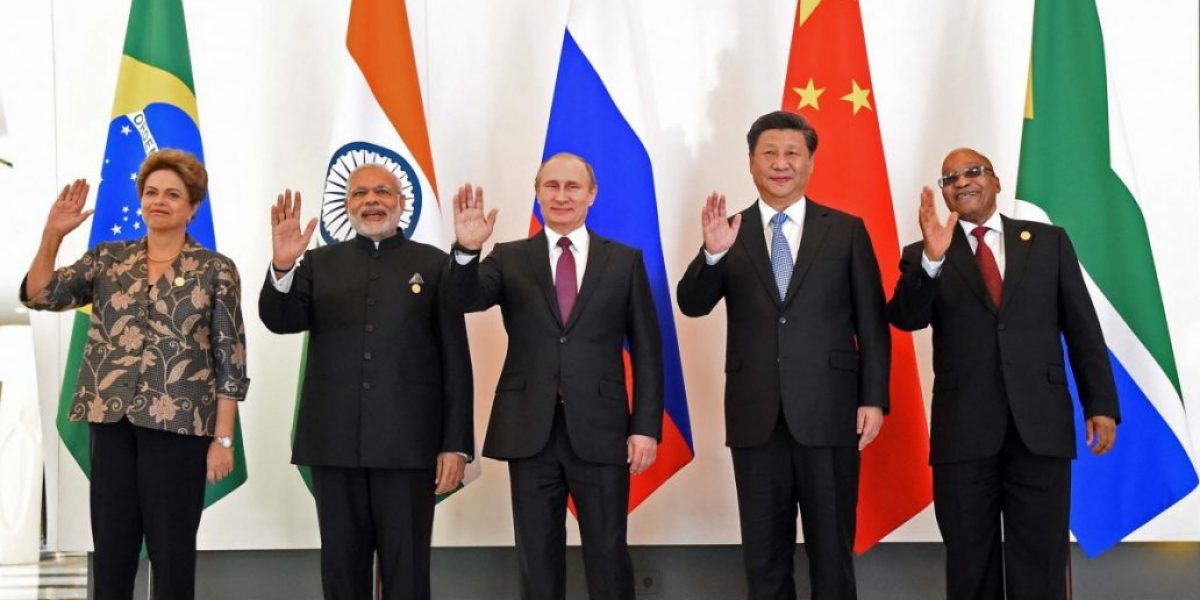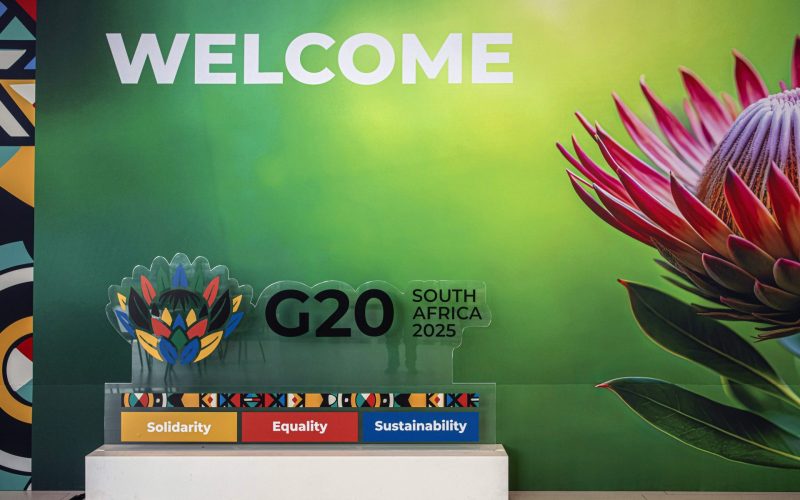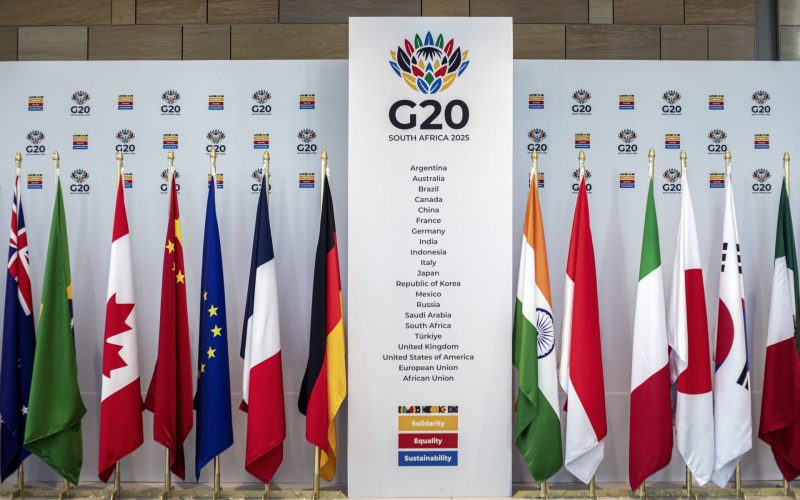The distinction between the four economic powers and their political complexion – with illiberal democratic Russia primarily an exporter of commodities, authoritarian China of manufactured goods, democratic India in services and democratic Brazil a combination of all three – suggests some of the complementarities and challenges facing the grouping. The BRIC decision to invite South Africa to join in late December 2010 gave Africa a direct voice within the grouping, although it is only South Africa that feels that at forums such as these, it must represent the region as well as itself.
What objectives could South Africa pursue via BRICS?
First, South Africa has the opportunity to participate and make input on key global governance issues with the powers that will play an instrumental role in determiningthe future of the international order. Key issues like representing BRICS interests on the restructuring of international institutions and the problems posed by climate change have been taken up by these emerging powers with some success. However, there are invariably different interests at play among the BRICS. Russia and China are already permanent members of the United Nations Security Council, and the other three aspiring, to use one example.
At the same time, the effort to make a normative claim to leadership of the South is fraught with complications which are already suggesting the constraints on their role. One example of this complexity is the international debate on climate change which has reinvigorated the once-moribund North-South debate, pitting industrialising China and India against the older industrial countries of the West. In the North-South debate, the anomaly is Russia, which is not defined as a southern country in political terms.
Secondly, South Africa also has the opportunity to use the forum to promote support for African developmental issues, and specifically the North-South infrastructure corridor, of which President Jacob Zuma was made the champion at the African Union summit in 2010. The changing dynamics of Africa’s international politics in relation to the emerging powers of the South and the traditional powers of the North have enormous implications for Africa and its development aspirations. With the ongoing transformation of the global political economy being played out on the continent, the sharpening of competition between these external actors – be they North-South or within these groups – at the expense of African interests is one possible outcome. An assertive and responsible African leadership will be a crucial determinant, mediating and manipulating these forces to the benefit of African development.
Third, South Africa has the opportunity to promote itself as a destination for investment, while pushing for the reduction of barriers to business in the other BRICS markets. Because South Africa has already built up strong economic relations with China, it is unclear whether the BRICS forum can add more value to the aim of increasing bilateral trade and investment with the other four. Yet, an annual meeting with four of the most dynamic emerging market in the world (both at the political and economic level), can create the necessary momentum through high profile exposure for additional commercial activity. However, South Africa has to be constantly alert to the need to ease the cost of doing business at home as it is still a small market even if one includes Southern Africa as a whole.

Conclusion
It is the ability of BRICS to maintain the cohesion of purpose over the long run that will give them the influence they desire as a function of their willingness to subsume considerable differences between them. Perhaps the most difficult issues facing the BRICS are not the negotiations with the North but its relationship with its geographic regions and the rest of the developing world. Seen in this context, South Africa’s designated role as regional representative is likely to be judged by the rest of Africa in terms of its ability to leverage the BRICS grouping to serve the concerns of African development.








